High rates of maternal and infant mortality are driven by factors such as malnutrition, poor access to healthcare, inadequate antenatal care, lack of skilled birth attendants, poor sanitation, and socioeconomic disparities. These challenges particularly affect rural populations, leading to a significant number of low-birth-weight babies and preventable child deaths.
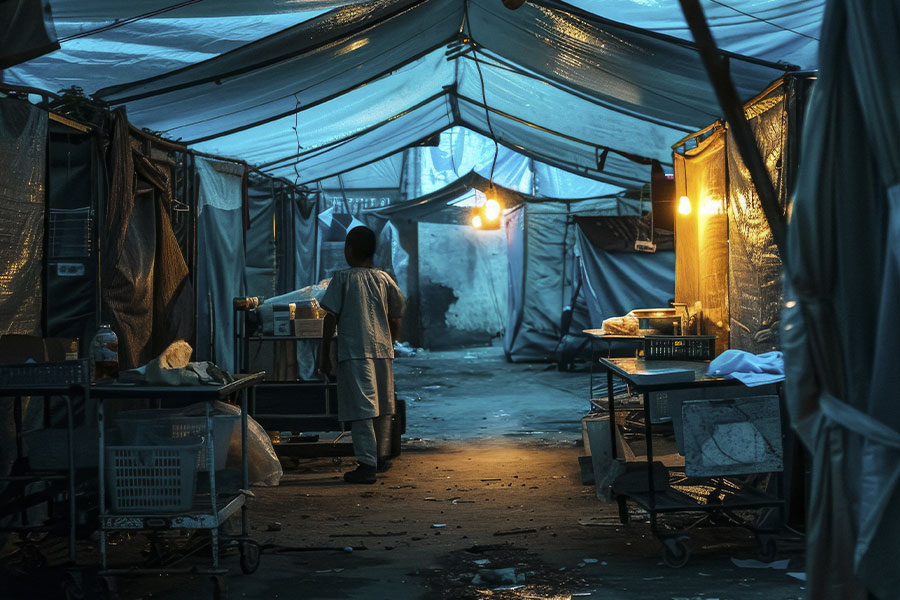
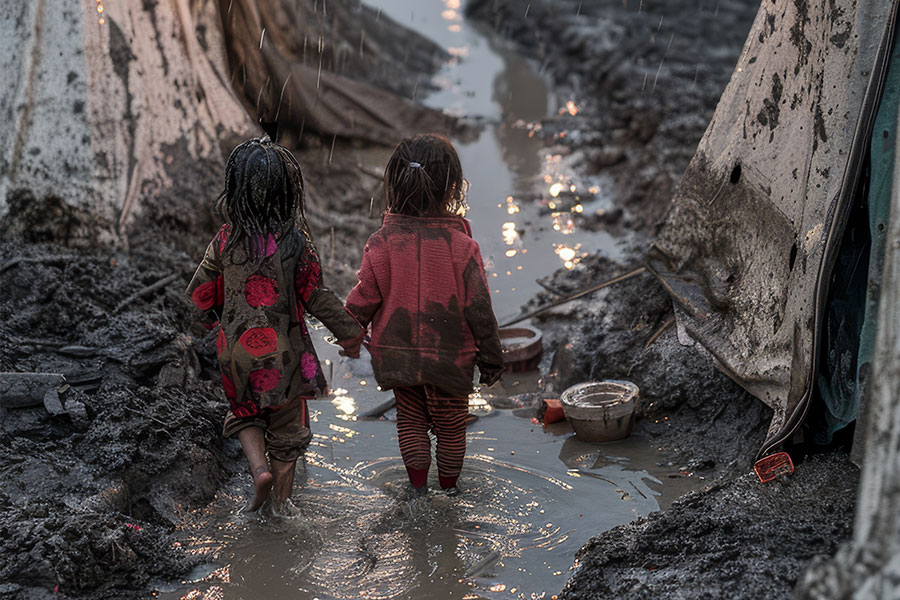
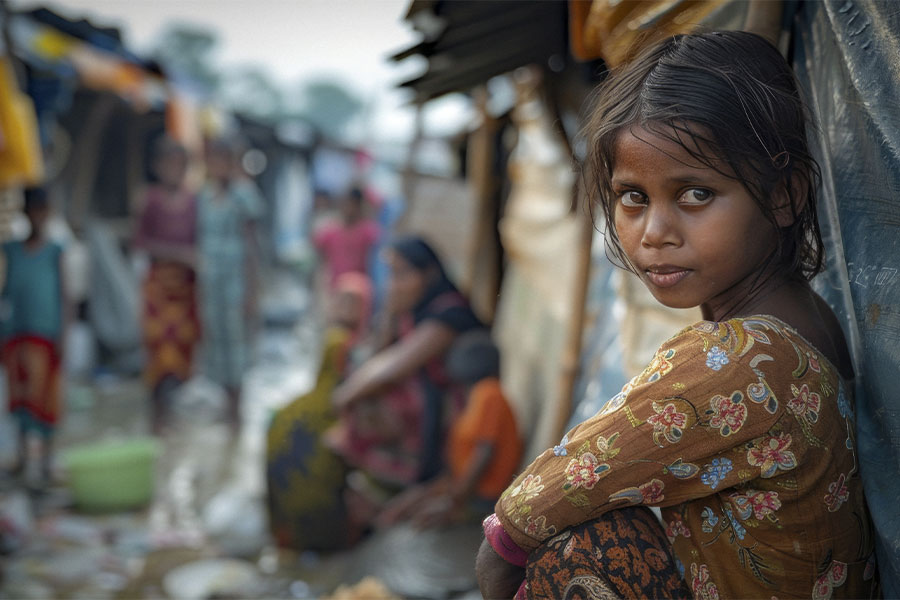
EFICOR adopts an empowerment-based approach to ensure long-term impact and reduce dependency on the project.
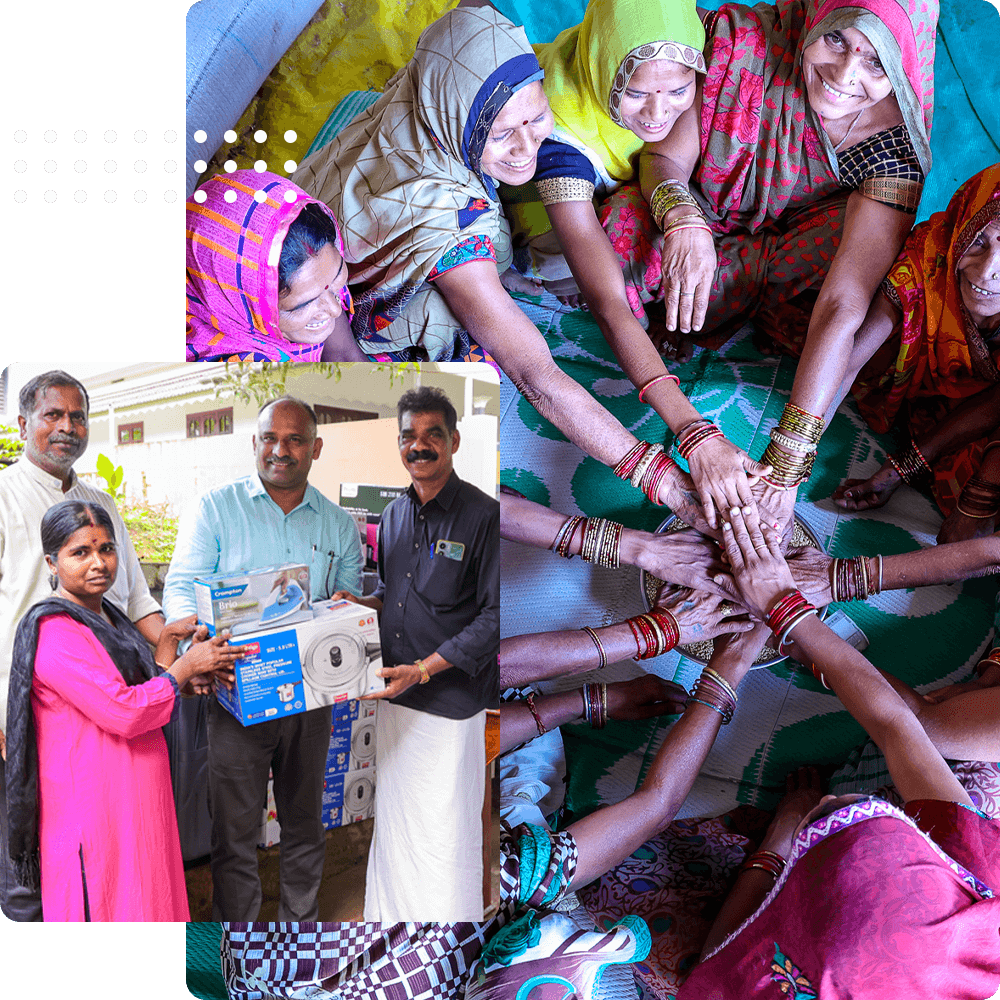
Our intervention includes Disaster Response experiences in situations of drought, cyclone, floods, and earthquakes. EFICOR responds to disasters within 72 hours, coordinating with civil society and government agencies. We train communities, volunteers, and organizations in disaster response, management, and resilience building.
Apart from emergency relief, EFICOR works with people to rebuild their lives in the aftermath of natural disasters. We have helped restore land for cultivation, helping people regain their means of livelihood, assisted with the reconstruction of houses etc.
To build resilience we provide training in Project Management and Disaster Management through workshops/ seminars for smaller local partners for ‘first response’.

Over the past decade, EFICOR has served 23,43,346 families through emergency response and relief in 16 states in India.
16165 institutional deliveries facilitated across project locations, ensuring safer births and reducing maternal and infant mortality risk.
9465 pregnant women received antenatal care and knowledge on proper nutrition, leading to improved maternal health.
2919 high-risk pregnancies referred to healthcare facilities, ensuring safe deliveries and maternal recovery.
9065 infants breastfed within the first hour of birth, promoting early nutrition and immunity.
19009 of pregnant women consumed the recommended 100 Iron and Folic Acid (IFA) tablets, reducing anemia cases.
23716 children exclusively breastfed for six months, supporting healthy growth and immunity.
25120 children aged 9-23 months received a diverse diet, ensuring proper nutrition.
1798 underweight children received healthcare and nutrition support, leading to improved health.
16882 children received immunization and take-home rations from Anganwadi centers.
8387 cases of diarrhea and pneumonia treated, leading to a 17% reduction in diarrhea cases and a 19% decrease in pneumonia cases.
32953 households adopted water treatment practices, reducing the spread of waterborne diseases.
30830 households gained access to toilets and safe drinking water, improving sanitation and reducing infections.
56701 families adopted handwashing practices at critical times, reducing disease transmission.
14773 children participated in WASH awareness programs on hand hygiene and menstrual health.
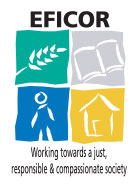
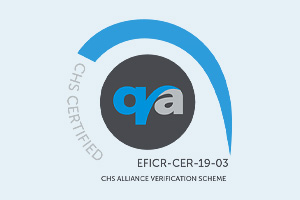
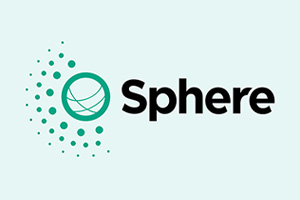
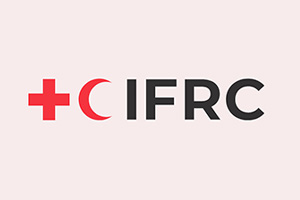
© 2022 EFICOR. All Rights Reserved. Site by NWD.